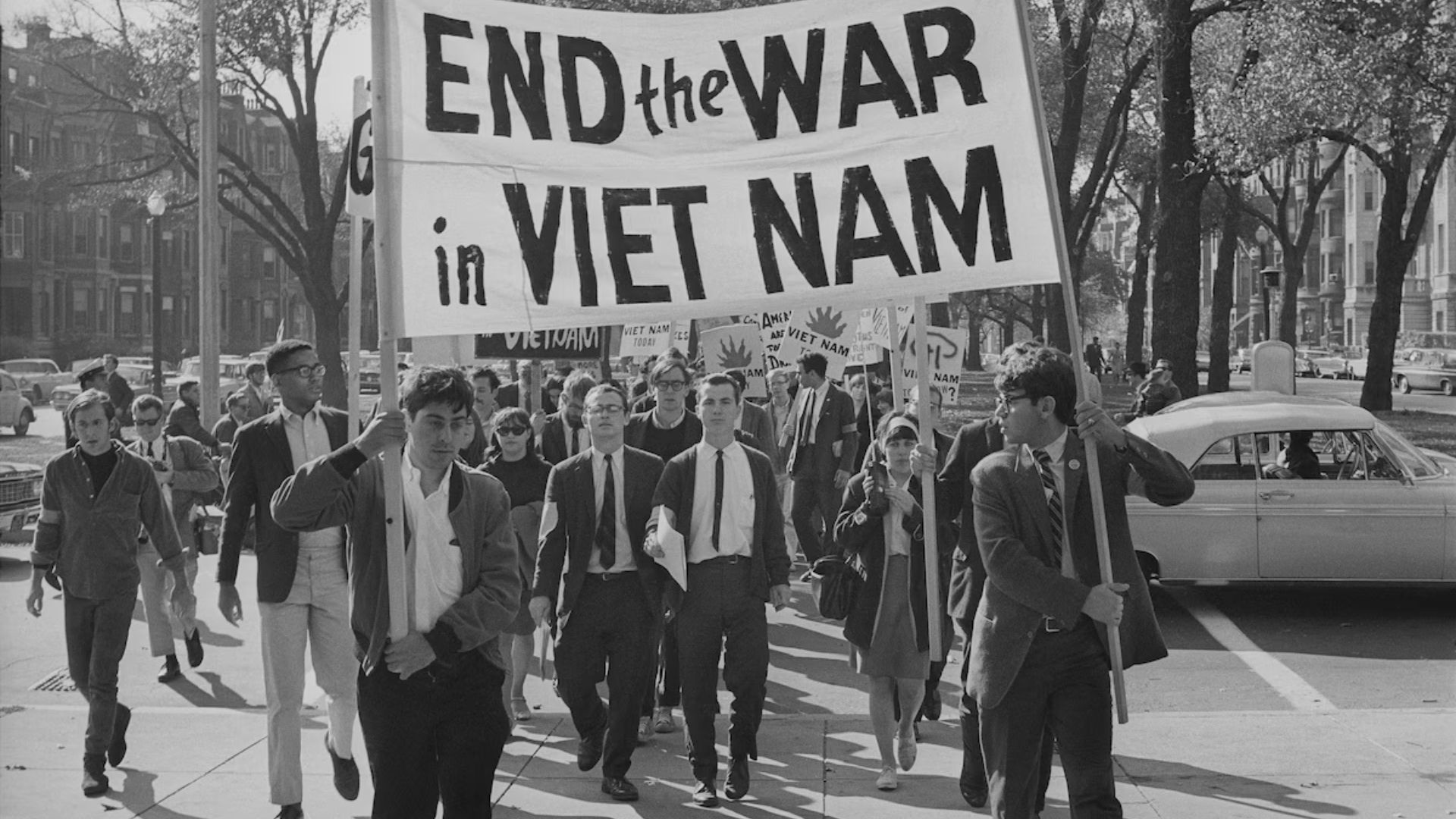Civil liberties are fundamental rights and freedoms that protect individuals from government overreach and ensure personal freedoms. In recent years, concerns have emerged about whether these liberties are under threat. This article explores the current state of civil liberties, examines potential threats, and discusses the importance of safeguarding these essential rights.

Understanding Civil Liberties
Definition: Civil liberties are individual rights protected by law from governmental interference. These include freedom of speech, freedom of religion, the right to privacy, and the right to a fair trial.
Importance: Civil liberties are crucial for a functioning democracy. They ensure that individuals can express themselves freely, practice their religion, and live without undue interference from the state. Protecting these liberties is essential for maintaining personal freedom and democratic governance.
Current Threats to Civil Liberties
Surveillance and Privacy:
- Increased Surveillance: Advances in technology have led to increased government surveillance. While intended for security, extensive monitoring can infringe on privacy rights.
- Data Collection: Governments and corporations collect vast amounts of personal data, raising concerns about how this information is used and protected.
Freedom of Speech:
- Censorship: There are growing instances of censorship and restrictions on free speech, particularly on social media platforms. Some argue that these measures are necessary to combat misinformation, but they can also suppress legitimate expression.
- Political Polarization: In highly polarized environments, there is a risk of marginalizing dissenting voices and curbing free expression.
Right to Privacy:
- Legal Changes: New laws and regulations may limit privacy protections. For example, changes in data protection laws or expanded surveillance powers can affect individuals’ right to privacy.
- Corporate Data Use: The collection and commercialization of personal data by tech companies also pose risks to privacy, often without adequate transparency or consent.
Judicial Independence:
- Politicization: In some regions, the judiciary faces pressure and interference from political leaders, undermining the principle of an independent and impartial legal system.
- Erosion of Rights: Changes in legal interpretations and judicial decisions can impact the protection of civil liberties.
Historical Context and Comparisons
Past Threats: Historical events, such as the McCarthy era in the United States or the internment of Japanese-Americans during World War II, show that civil liberties have been under threat in the past. These events remind us of the importance of vigilance in protecting rights.
Global Comparisons: Different countries face varying levels of threats to civil liberties. In some nations, authoritarian regimes actively suppress freedoms, while others may face more subtle encroachments on rights.
The Role of Advocacy and Legal Protections
Civil Society and Advocacy:
- Non-Governmental Organizations: Advocacy groups play a crucial role in defending civil liberties, raising awareness, and challenging abuses.
- Public Awareness: Educating the public about their rights and the importance of civil liberties is essential for maintaining a vigilant and informed society.
Legal Protections:
- Constitutional Guarantees: Many countries have constitutional or legal frameworks that protect civil liberties. However, these protections must be actively defended and upheld.
- Judicial Review: Courts play a vital role in interpreting and enforcing civil liberties, ensuring that laws and government actions comply with constitutional standards.
Balancing Security and Liberties
Security vs. Privacy: One of the ongoing debates is finding the balance between national security and individual privacy. While security measures are necessary to protect against threats, they must not unduly infringe on personal freedoms.
Legislative Oversight: Ensuring that security measures and data collection practices are subject to legislative oversight can help prevent abuses and protect civil liberties.
The Future of Civil Liberties
Evolving Challenges: As technology and societal norms evolve, new challenges to civil liberties may emerge. Continuous adaptation and vigilance are required to address these issues while preserving essential freedoms.
Strengthening Protections: Strengthening legal frameworks, increasing transparency, and fostering public debate are crucial for safeguarding civil liberties in the future.
Conclusion
Civil liberties are essential for personal freedom and democratic governance. While there are genuine threats today, including increased surveillance, censorship, and privacy concerns, there are also robust mechanisms and advocacy efforts working to protect these rights. By understanding these challenges and actively defending civil liberties, society can ensure that fundamental freedoms are upheld for current and future generations.

